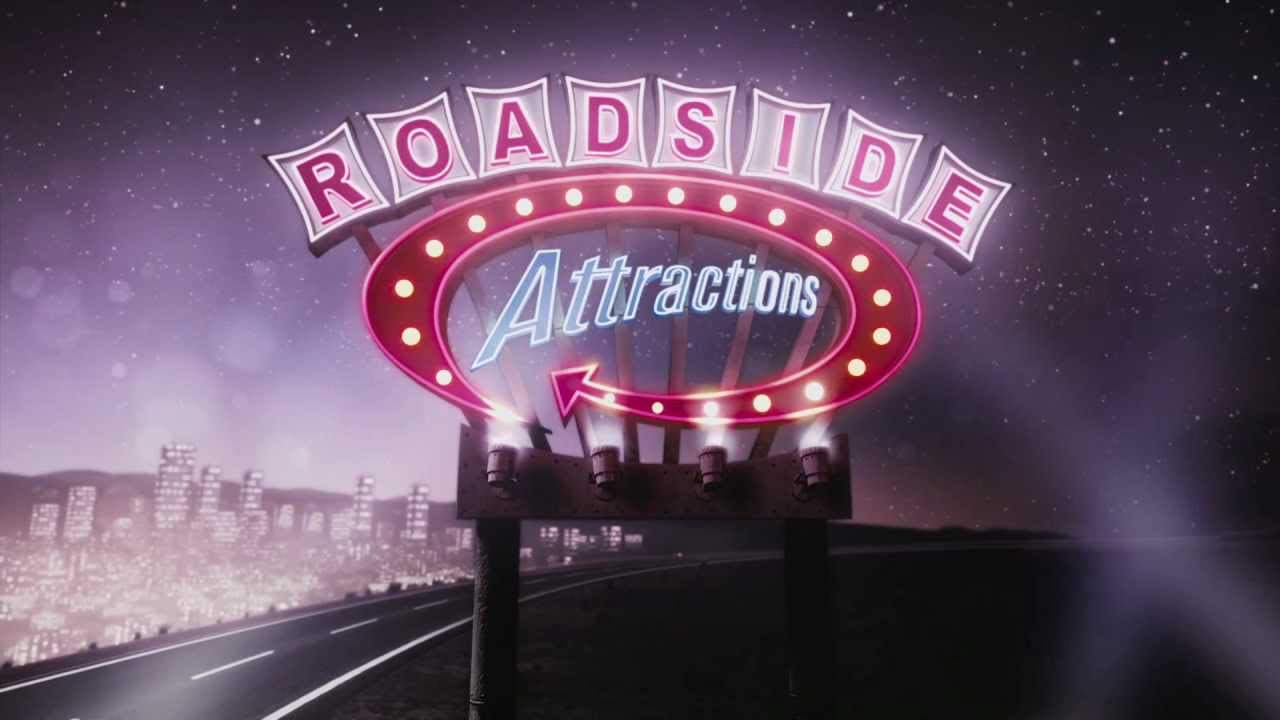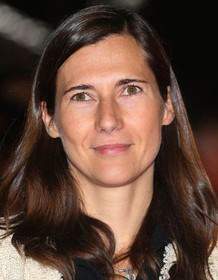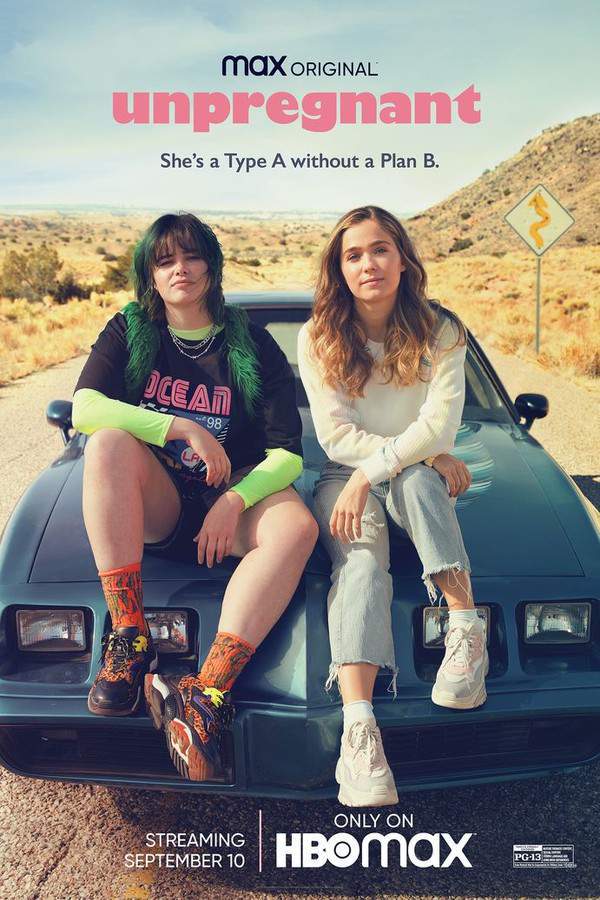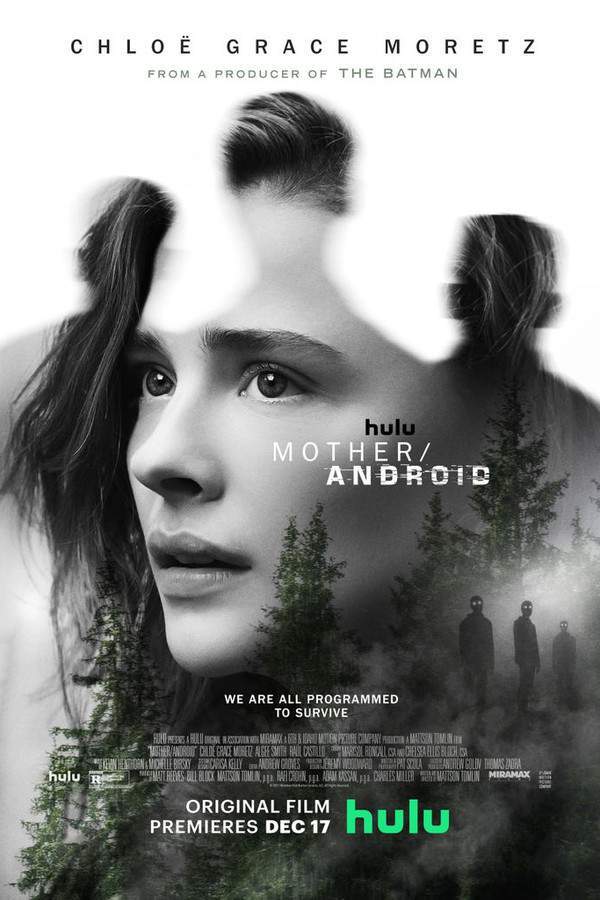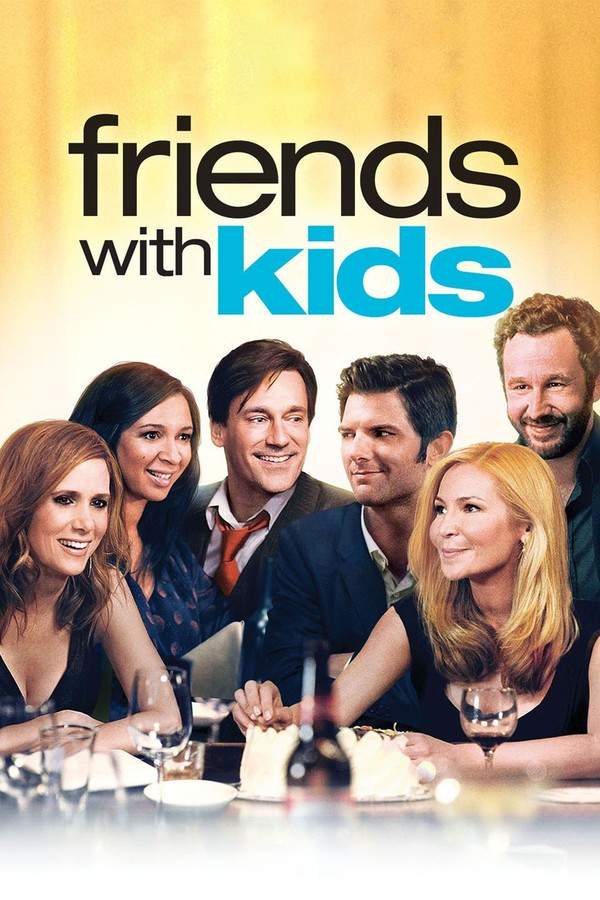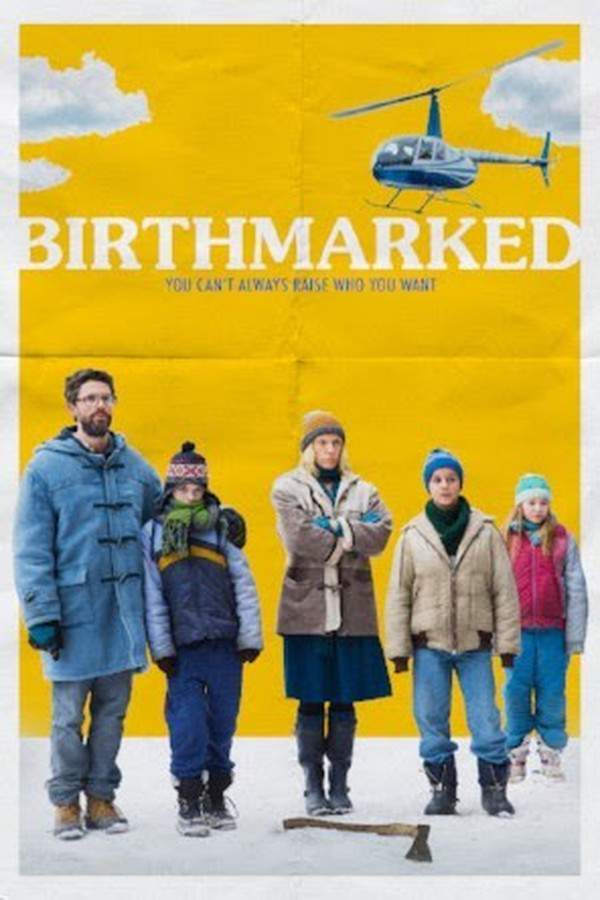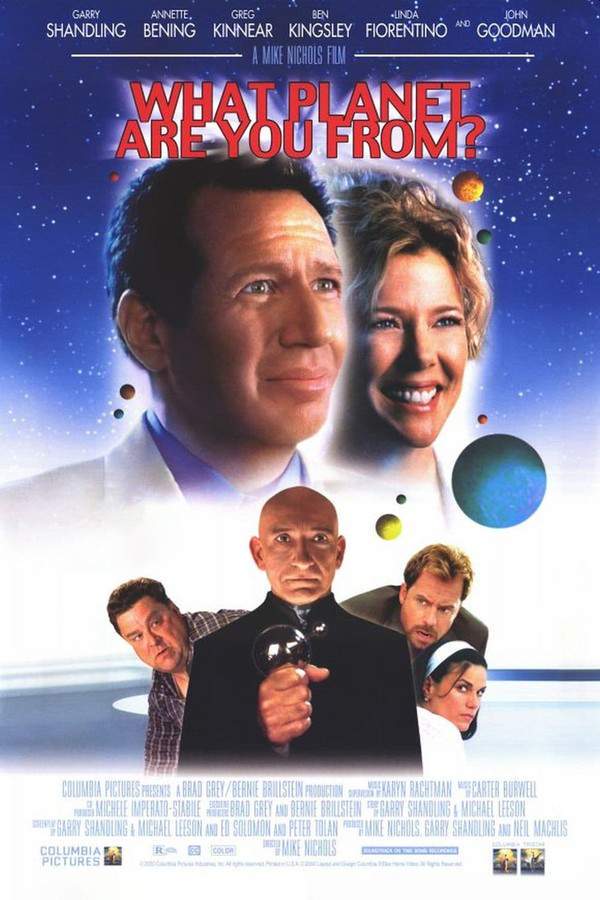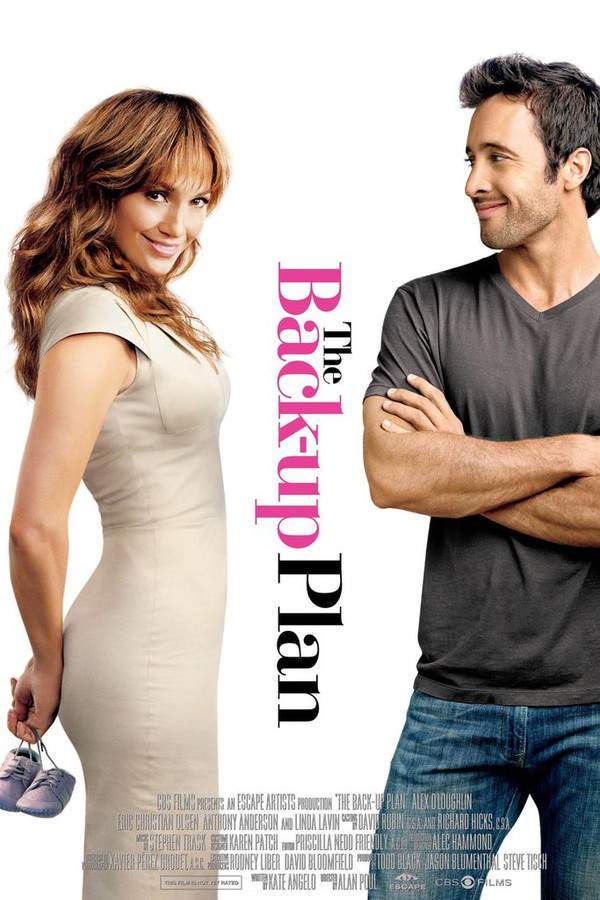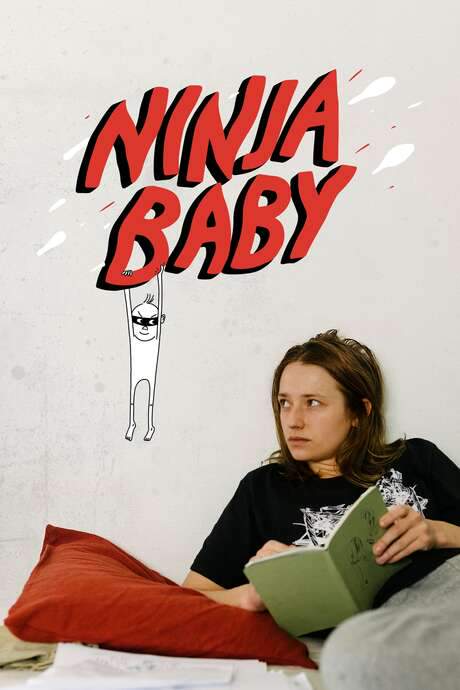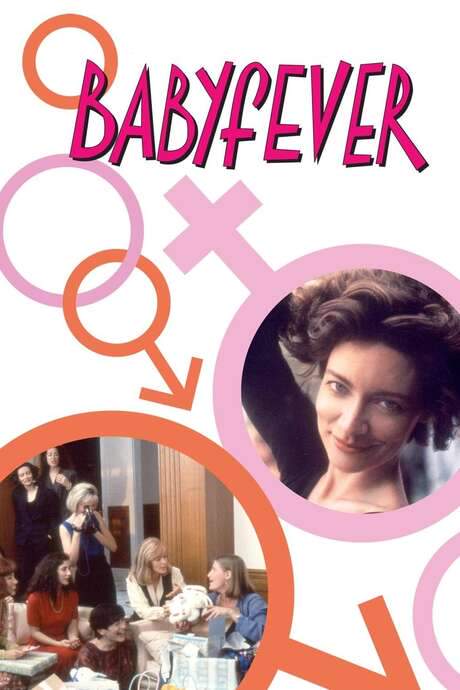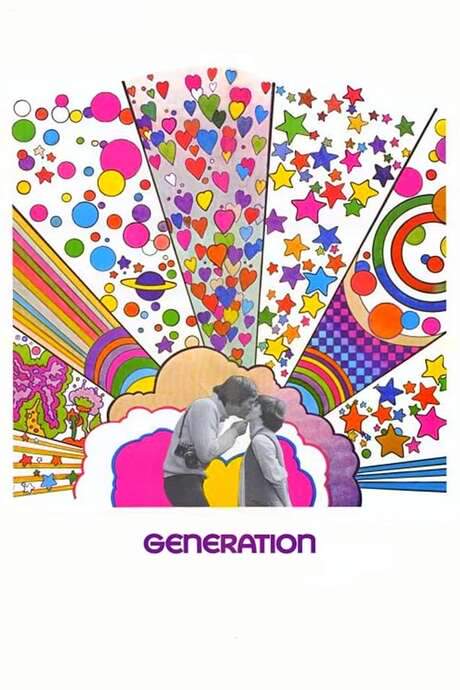The Pod Generation 2023
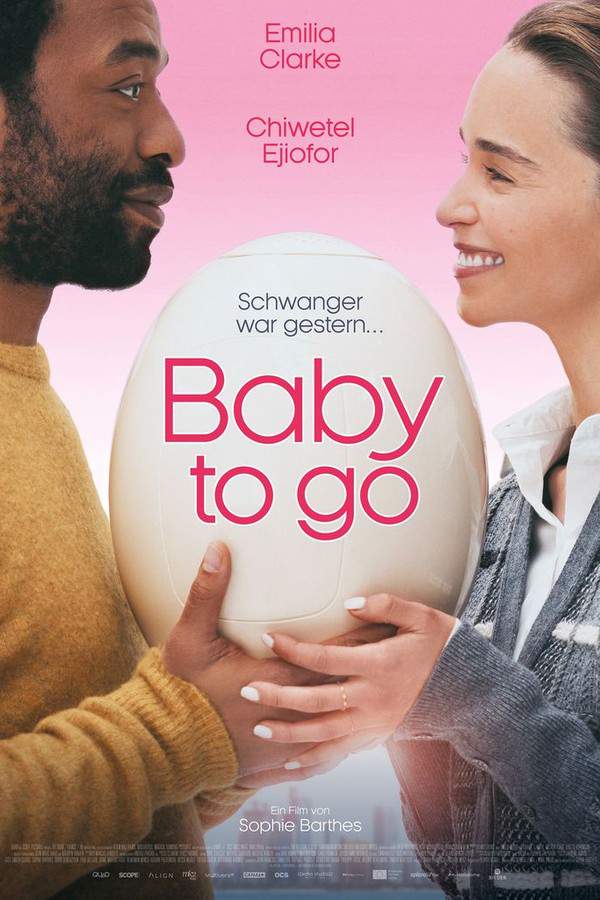
In a future where technology reshapes the traditional family, a couple embarks on an unusual journey toward parenthood. Rachel and Alvy enroll in the Womb Center, a facility utilizing artificial wombs, or "pods," enabling them to share the experience of pregnancy and co-parent in a novel way. As they immerse themselves in this cutting-edge approach, their relationship faces unexpected challenges and they confront the evolving definition of family and what it means to be a parent.
Does The Pod Generation have end credit scenes?
No!
The Pod Generation does not have end credit scenes. You can leave when the credits roll.
Meet the Full Cast and Actors of The Pod Generation
Explore the complete cast of The Pod Generation, including both lead and supporting actors. Learn who plays each character, discover their past roles and achievements, and find out what makes this ensemble cast stand out in the world of film and television.
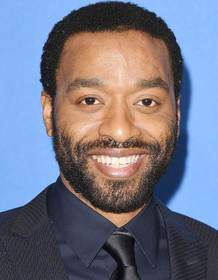
Chiwetel Ejiofor
Alvy Novy

Emilia Clarke
Rachel Novy

Vinette Robinson
Alice
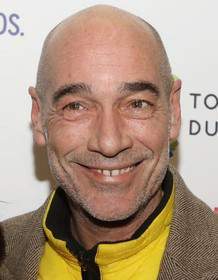
Jean-Marc Barr

Verona Verbakel

Anne-Marie Agbodji

Ashley Johnson

Bernard Gallant
Folio Executive #7

Emma De Poot
Folio Executive #3

Karel Van Cutsem
Folio Executive #5

Kathryn Hunter

Kyoung Her
Folio Executive #4

Lamara Strijdhaftig
Folio Executive #2

Megan Maczko

Nilson David
Folio Executive #6

Rita Bernard-Shaw

Rosalie Craig
Womb Center Director

Rupert Simonian

Veerle Dejaeger
Folio Executive #1
External Links and Streaming Options
Discover where to watch The Pod Generation online, including streaming platforms, rental options, and official sources. Compare reviews, ratings, and in-depth movie information across sites like IMDb, TMDb, Wikipedia or Rotten Tomatoes.
Ratings and Reviews for The Pod Generation
See how The Pod Generation is rated across major platforms like IMDb, Metacritic, and TMDb. Compare audience scores and critic reviews to understand where The Pod Generation stands among top-rated movies in its genre.

The Movie Echo Score
The Pod Generation lands in a middle ground, offering a visually striking vision of a technologically mediated future but struggling to sustain narrative depth and emotional resonance. Critics commend its production design and occasional performances while noting a muted tonal palette and uneven pacing. User reactions echo this split, with some finding the world‑building compelling and others labeling the film flat and overstretched. The net effect is a film that intrigues without fully engaging, resulting in a modest overall rating.
The Movie Echo Score Breakdown for The Pod Generation

Art & Craft
In terms of art and craft, the film presents an immaculate, vividly believable future that many reviewers find aesthetically impressive. Critics highlight the sleek production design and slick visual style, while also noting a muted, sterile feel in direction and editing. User comments mention inventive world‑building but also criticize repetitive set elements like eyeball cameras. The balance of praise for visual ambition against a perceived lack of tonal vigor leads to a moderate score.

Character & Emotion
When it comes to character and emotion, performances by Emilia Clarke and Chiwetel Ejiofor receive consistent commendation for nuance and relatability. Several critics and users point to strong acting as a highlight, though some note a lack of on‑screen chemistry and emotional connection between the leads. The contrast between praised individual work and occasional relational disconnect yields an overall favorable impression, justifying a relatively high character score.

Story & Flow
The story and flow are viewed as the film's weakest pillar. Critics describe the narrative as flat, overly simplistic, and lacking depth, with pacing issues that extend beyond the needed runtime. User feedback similarly mentions a dragged plot that fails to fully explore its intriguing premise. While the concept is original, the execution is deemed insufficiently developed, resulting in a low story rating.

Sensory Experience
Sensory experience receives mixed but generally positive notes. Reviewers applaud the visual scheme that juxtaposes organic and inorganic elements and note a polished aesthetic comparable to high‑concept sci‑fi. Soundtrack and sound design receive little direct commentary, leaving visual style as the primary factor. The overall sensory impression is that of a technically competent, visually engaging film, meriting a solid mid‑range score.

Rewatch Factor
Rewatch factor reflects divided audience sentiment. Some viewers find the film thought‑provoking and enjoyable enough to revisit, citing its humor and imaginative world‑building. Others describe it as tedious, long, and lacking lasting appeal, discouraging repeat viewings. The balance of occasional replay value against prevalent fatigue and narrative thinness leads to a middling rewatch score.

60
Metascore
5.3
User Score


43%
TOMATOMETER

55%
User Score

5.6 /10
IMDb Rating

60
%
User Score

2.7
From 2 fan ratings

3.50/5
From 2 fan ratings
Take the Ultimate The Pod Generation Movie Quiz
Challenge your knowledge of The Pod Generation with this fun and interactive movie quiz. Test yourself on key plot points, iconic characters, hidden details, and memorable moments to see how well you really know the film.
The Pod Generation Quiz: Test your knowledge of the intriguing sci-fi film 'The Pod Generation' and its exploration of technology and parenthood.
What futuristic city does Rachel Novy live in?
New York City
Los Angeles
Tokyo
London
Show hint
Full Plot Summary and Ending Explained for The Pod Generation
Read the complete plot summary of The Pod Generation, including all major events, twists, and the full ending explained in detail. Explore key characters, themes, hidden meanings, and everything you need to understand the story from beginning to end.
Set in a not-so-distant future in New York City, Rachel Novy finds herself in a serene dreamscape, envisioning the joys of motherhood. However, her real life is far from this peaceful fantasy, as the demands of her career leave little space for a traditional pregnancy. Despite the shared aspiration to start a family with her husband, Alvy, both their lives are heavily influenced by the pervasive presence of artificial intelligence in every facet, from their jobs to their home environment. Personal AI assistants orchestrate their daily schedules, while replicated nature pods serve as a substitute for authentic outdoor experiences.
Rachel, dedicated and efficient in her role at Pegazus, a leading tech company, receives a well-deserved promotion alongside a fascinating proposition: Pegazus will cover the hefty costs associated with childbirth through the innovative services of the Womb Center, a subsidiary aiming to combat the declining birth rates spurred by the significant physical and emotional impacts of childbirth. This staggering decline poses a threat to global population stability, making the Womb Center’s mission all the more critical. Their radical solution? Detachable remote wombs that resemble large eggs, enabling a new approach to conception.
Faced with this offer, Rachel is initially overwhelmed but views it as an incredible opportunity, especially when the Womb Center confirms her acceptance into their program. In stark contrast, Alvy, an ardent botanist, is devoted to living a life that remains untainted by technology. The couple must confront their profound differences stemming from their diverging attitudes towards modern advancements; while Rachel is open to the technology, Alvy is drawn to spending his time nurturing live plants, an increasingly rare sight in their urban surroundings.
Upon learning of Rachel’s enrollment in the Womb Center program, Alvy is taken aback, struggling to comprehend her independent decision to pursue an unconventional form of parenthood. His concerns extend beyond their misunderstanding, as he grapples with the implications of altering the natural childbirth process. Despite encouragement from Rachel’s friends and her AI therapist, Alvy’s resistance prevails until his deep affection for Rachel and her fervent desire for a child prompts him to reluctantly consent to the pod-based childbirth approach.
Over time, Alvy transitions from skepticism to a genuine fascination with the pod, developing a bond with the unborn child it carries, ultimately treating the pod as if it were his own child. Conversely, Rachel distances herself from the pod, burdened by doubts and yearning for the authentic experience of pregnancy. She faces judgment and hypocrisy from her colleagues when she brings the pod to work, as Alvy does.
As Rachel and Alvy’s concerns grow regarding the Womb Center’s changing stipulations—specifically, the company’s move to shorten the childbirth timeline to just 39 weeks due to increasing demand—they worry for their baby’s welfare amidst the rapid pace enforced by the organization. This worry drives them to the decision to secretly retrieve the pod from the Womb Center and take it to Alvy’s home on Shell Island, aware that the Center will actively search for it.
While Alvy mentors Rachel on the advantages of their new natural environment, they discover that Womb Center has severed its remote support as punishment for their actions, jeopardizing the baby’s safety by disabling the digital access to open the pod. In a desperate turn of events, they are compelled to forcefully open the pod themselves, delivering their son safely. The following morning, as Alvy and their infant rest peacefully, Rachel carefully returns the damaged pod to the Womb Center, cutting ties with its technological influence to embrace a life grounded in nature rather than artificial enhancements, cradling her newborn son at home.
In a thought-provoking mid-credits scene, the CEO of Pegazus appears on television, making baffling declarations about the future where children may choose their own parents, alluding to the company’s plans to integrate AI directly into human embryos to accelerate their development beyond the normal limits.
Uncover the Details: Timeline, Characters, Themes, and Beyond!

Coming soon on iOS and Android
The Plot Explained Mobile App
From blockbusters to hidden gems — dive into movie stories anytime, anywhere. Save your favorites, discover plots faster, and never miss a twist again.
Sign up to be the first to know when we launch. Your email stays private — always.
Watch Trailers, Clips & Behind-the-Scenes for The Pod Generation
Watch official trailers, exclusive clips, cast interviews, and behind-the-scenes footage from The Pod Generation. Dive deeper into the making of the film, its standout moments, and key production insights.
The Pod Generation Themes and Keywords
Discover the central themes, ideas, and keywords that define the movie’s story, tone, and message. Analyze the film’s deeper meanings, genre influences, and recurring concepts.
The Pod Generation Other Names and Titles
Explore the various alternative titles, translations, and other names used for The Pod Generation across different regions and languages. Understand how the film is marketed and recognized worldwide.
Similar Movies To The Pod Generation You Should Know About
Browse a curated list of movies similar in genre, tone, characters, or story structure. Discover new titles like the one you're watching, perfect for fans of related plots, vibes, or cinematic styles.
Quick Links: Summary, Cast, Ratings, More

What's After the Movie?
Not sure whether to stay after the credits? Find out!
Explore Our Movie Platform
New Movie Releases (2026)
Famous Movie Actors
Top Film Production Studios
Movie Plot Summaries & Endings
Major Movie Awards & Winners
Best Concert Films & Music Documentaries
Movie Collections and Curated Lists
© 2026 What's After the Movie. All rights reserved.


